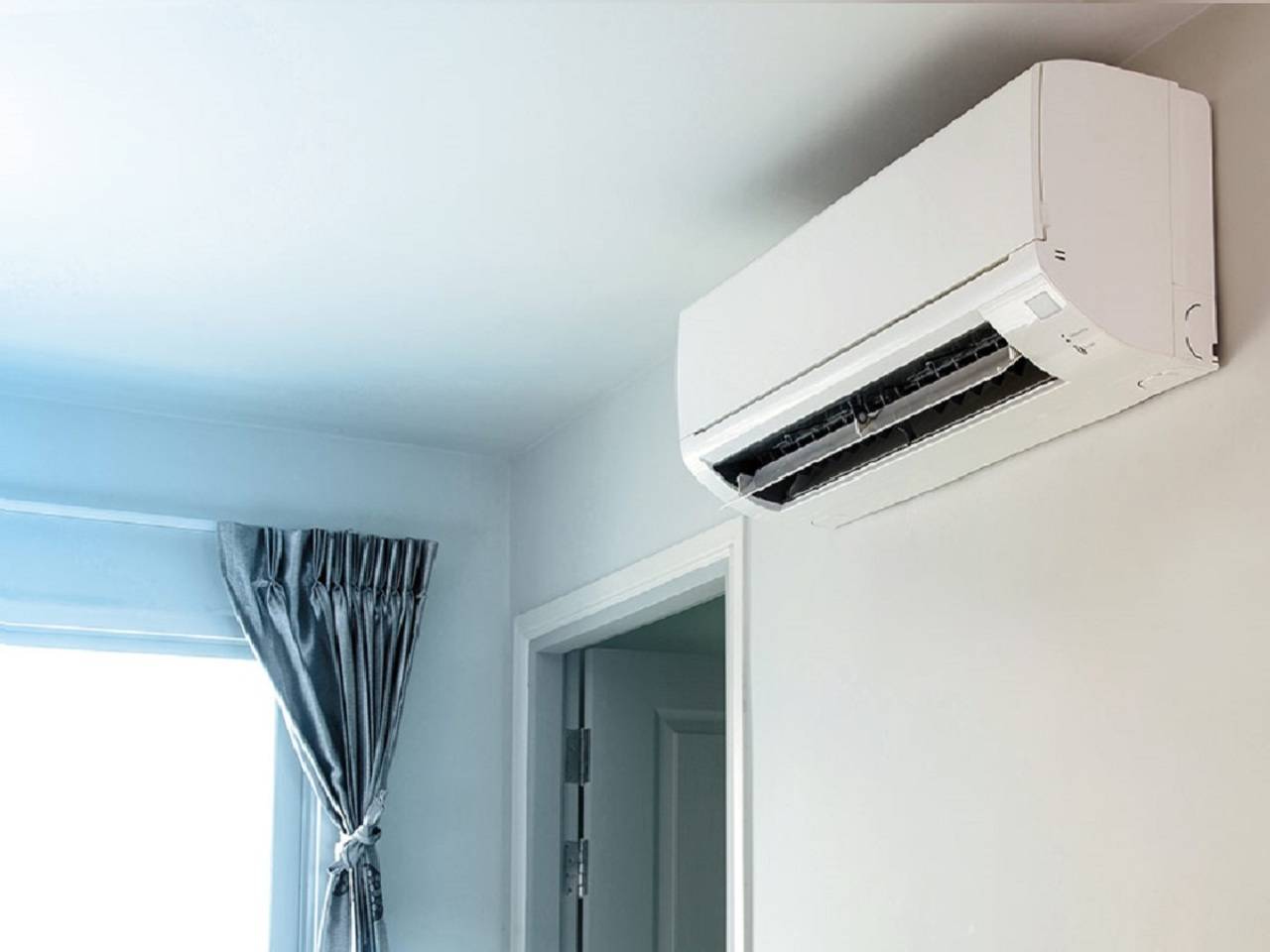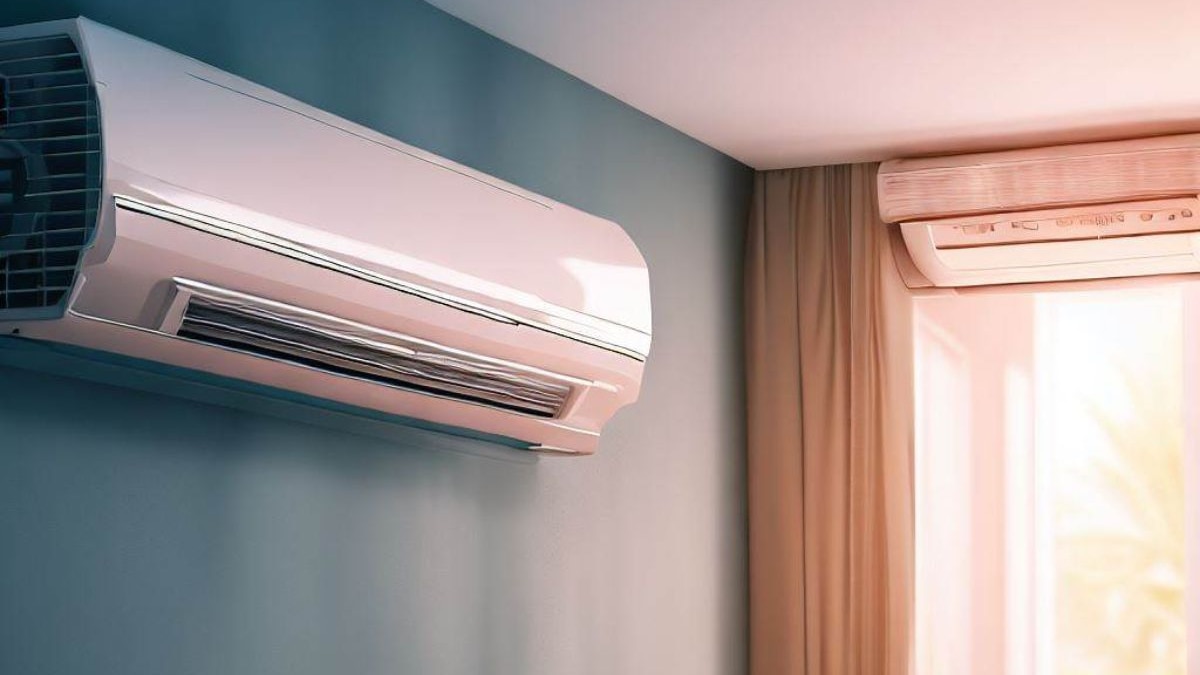Due to the intense usage of air conditioners (AC) and coolers throughout the summer, power bills become a significant problem. However, since air conditioners use more electricity than other appliances, they account for the majority of electricity costs. does, and if you run it all day, you’ll get four days’ worth of news instead of just one. Summertime requires the air conditioner to be running, therefore it can be challenging to turn it off or decide not to use it.
If you want to use the AC and keep the power cost low
you no longer need to juggle things because we are going to share a technique with you that will allow you to lower the electricity bill by changing a small setting. can be significantly diminished.
A small air conditioner setting will be beneficial
Most individuals feel a sense of coolness in the entire room after 3 to 4 minutes of turning on the air conditioner, which is usually done by setting it at the lowest temperature first. Do you realize that by doing this, more electricity is consumed and the electricity bill rises quickly? If you don’t want that, you should be aware of what temperature results in the lowest electricity bill.
Let us point you that although individuals are allowed
to operate their air conditioners up to 28 degrees, they frequently do not, which results in higher electricity bills. If you want to gradually lower the room’s temperature and are not in a rush, you should set the air conditioner’s temperature between 25 and 28 degrees. The benefit of this is that the temperature of the room drops in increments of 10 minutes, the amount of electricity consumed is less than previously, and the monthly electricity cost stays the same. You might save thousands of rupees with one small temperature adjustment.
Read more: Wow, awesome! Now group calls can be scheduled on WhatsApp, see how
| |
 Facebook Page Facebook Page | Click Here |
 Twitter Twitter | Click Here |
 Instagram Instagram | Click Here |



